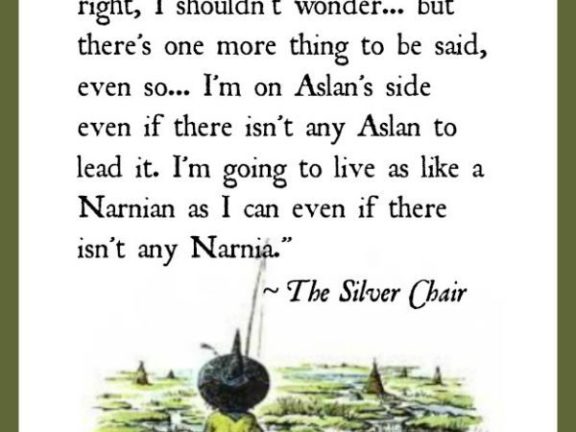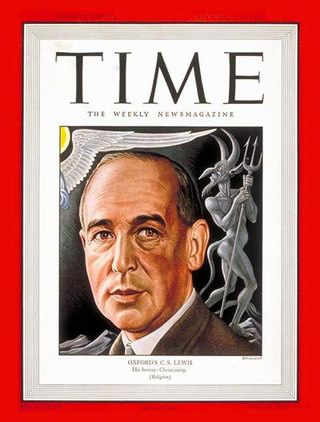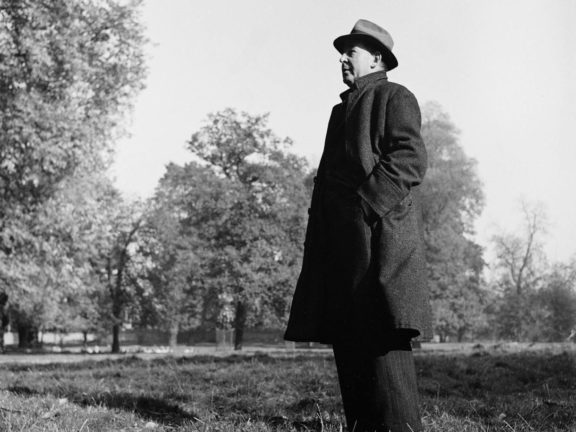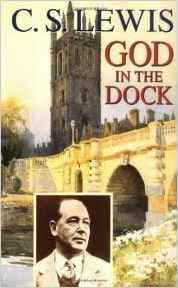Depth in The Silver Chair
I wrote in a earlier post that I’m preparing to teach C. S. Lewis’s entire Narnia series (in the published order) on Wednesday evenings at my church—the first three in the fall quarter and the last four in the winter (although here in Florida the word “winter” is more like “far less humid and much more comfortable”). My goal is to finish this preparation during the summer, as I will be quite busy when the new semester begins at my… Read more »







